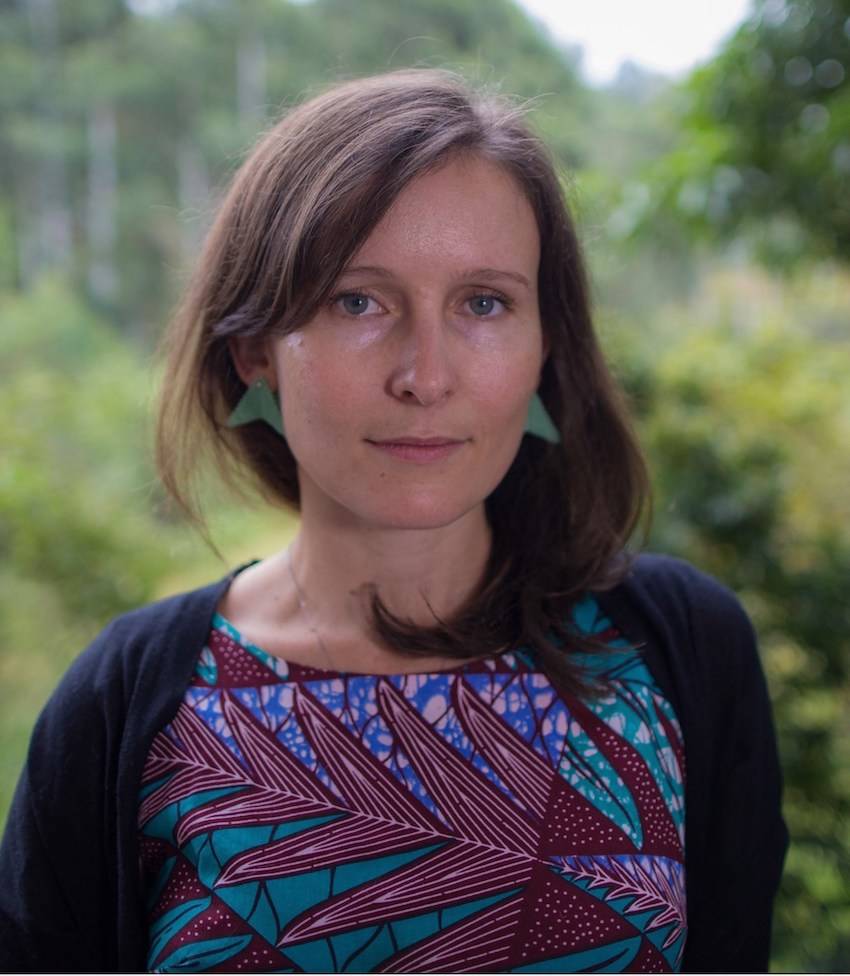Cara Stacey, the George A. Miller Visiting Scholar in residence at the Robert E. Brown Center for World Music, will be presenting two lectures at the University of Illinois next week.
Dr. Stacey, who is based in Johannesburg and a member of International Council for Traditional Music representing eSwatini, will first present the Sensing Water lecture for the Center of World Music on March 5th at the Spurlock Museum. The lecture, which is drawn from material in her upcoming book, eSwatini Music and Nationalism, is titled “Water, drought and song in the Kingdom of eSwatini.” This lecture will explore connections between water and popular music in eSwatini.
Abstract:
This paper explores ideas surrounding water within the musical world of eSwatini in southern Africa. As a country plagued by severe and regular drought and as southern African moves permanently into a state of water stress, the research presented aims to understand how indigenous musical forms of expression have portrayed ideas relating to water. In eSwatini, water is intrinsically linked to cattle (and so, to wealth and prosperity), to ecology and rural life and, to domestic, cultural and commercial work, and to spiritualism. Within the rich world of Swazi religious and cultural belief, water is a key signifier of power, communication and change. The supreme god, Mvelinchanti, is closely associated with the animals and land of this kingdom, with the river pools, the sea and lightning being symbols of or homes to other notable spiritual and ancestral beings. In order to retain power, the bemanti (‘people of the water’) and belwandle (‘people of the sea’) are involved in water collection rites for the King (Kuper 1944).
These diverse meanings associated with water can be read in a variety of musical songs and genres. From regimental songs performed at the annual Incwala ceremony to makhweyane bow songs about courtship, rain, water, rivers and the sea perform a lyrical and relational function through these musics in this society. This paper investigates the forms these lyrical associations take on as local hydroscapes are drastically altered by environmental and climate flux.
On March 7th, Dr. Stacey will also be doing a lecture-recital of sorts on traditional instruments from South Africa. The Gateways to World music performance will offer an opportunity to hear these instruments and to understand their place in modern society and history.
 Image from the Facebook event
Image from the Facebook event
Sensing Water Lecture by Cara Stacey
Spurlock Museum
600 S. Gregory St., Urbana, IL 61801
March 5, 2020
4-5:30 p.m.
Gateways to World Music: Music Traditions of Southern Africa
Spurlock Museum
600 S. Gregory St., Urbana, IL 61801
March 7, 2020
2-3 p.m.
Top Image from the Facebook event.








